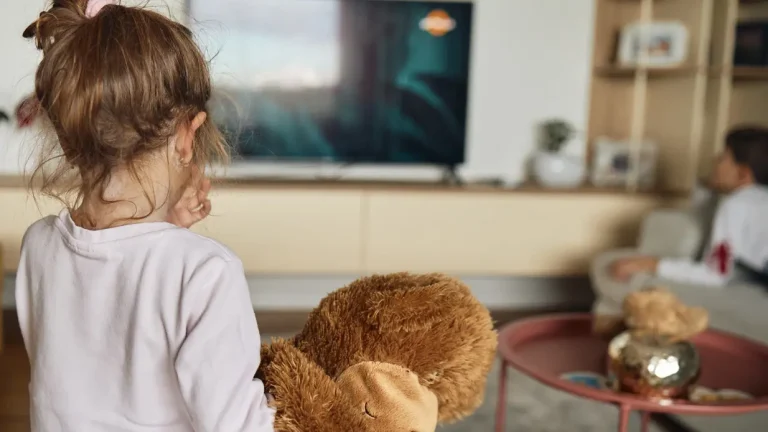Helping children cope with trauma after a disturbing event such as a natural disaster, accident, or violent incident can be emotionally overwhelming. Whether your child experienced the trauma firsthand or was exposed through media, the psychological effects are real and lasting. With the right support, however, children can recover and regain a sense of safety.
Understanding Childhood Trauma Symptoms
Children react differently depending on their age and developmental stage. Recognizing the symptoms is the first step in helping children cope with trauma.
Behavioral Signs to Watch
- Toddlers may fuss more, have sleep changes, or appear withdrawn.
- Preschoolers might regress, cling to caregivers, or display fear through crying or freezing.
- School-age children often become moody, develop sleep issues, or struggle at school.
- Teens may exhibit aggression, substance use, isolation, or suicidal thoughts.
Trauma doesn’t look the same in every child. Monitoring these signs helps you respond with empathy and action.
Helping Children Cope Through Supportive Parenting
Your response as a parent or guardian plays a vital role in recovery. Children often model their emotional reactions based on what they observe in adults.
Emotional Reassurance and Safety
- Be calm and consistent. Your child takes emotional cues from you.
- Encourage expression. Let them talk, draw, or express feelings in their own way.
- Acknowledge grief. Whether it’s a lost home or a pet, validate their feelings.
- Reinforce safety. Hugs, physical presence, and predictability are key.
Remember, helping children cope with trauma starts with creating a safe emotional environment.
Rebuilding Trust and Normalcy
Trauma recovery depends on restoring structure, safety, and connection.
Daily Routines and Stability
- Stick to regular mealtimes, homework schedules, and bedtime rituals.
- Talk about the future and include your child in family planning.
- Keep promises and be honest when you don’t know all the answers.
Minimize Media Exposure
Overexposure to graphic images or news can intensify distress. Limit screen time, especially before bed, and watch news together to provide context.
Engage and Connect With Your Child
Face-to-face time without distractions is powerful. It fosters openness and makes your child feel heard.
- Talk regularly. Don’t force it, but keep the door open.
- Use age-appropriate language. Reassure young kids with simple phrases.
- Validate their fears, even if they seem unrelated.
- Incorporate normal activities. Games, hobbies, or outdoor play can ground children in normalcy.
Boost Recovery with Physical Activity and Nutrition
Movement and healthy eating can help your child’s body and brain recover from stress.
Stay Active Together
- Choose sports like swimming or soccer.
- Go hiking, dance at home, or walk the dog.
- Encourage outside play and physical interaction with friends.
Feed the Body, Heal the Mind
- Serve whole foods, fresh fruits, vegetables, and healthy fats like omega-3s.
- Limit sugary snacks and processed meals.
- Make family mealtimes tech-free bonding moments.
Physical health supports emotional stability and resilience in kids recovering from trauma.
Addressing Behavior and Discipline
Behavioral issues may arise as children process trauma. Instead of punishment, guide behavior with calm, firm, and supportive strategies.
- Redirect attention before tantrums escalate.
- Take a moment to breathe and center yourself before responding.
- Reward positive behaviors, even small ones.
- Avoid yelling or spanking; they worsen anxiety.
- Sometimes, ignore attention-seeking outbursts that aren’t harmful.
When to Seek Professional Help
Most children recover naturally over time. But if symptoms persist or worsen after six weeks, professional help may be necessary.
Warning Signs Include:
- Continued emotional numbness or flashbacks
- Sleep disturbances or nightmares
- Physical complaints like headaches
- Withdrawal from family or friends
- Signs of suicidal ideation
If these issues appear, contact a licensed therapist or counselor immediately.

